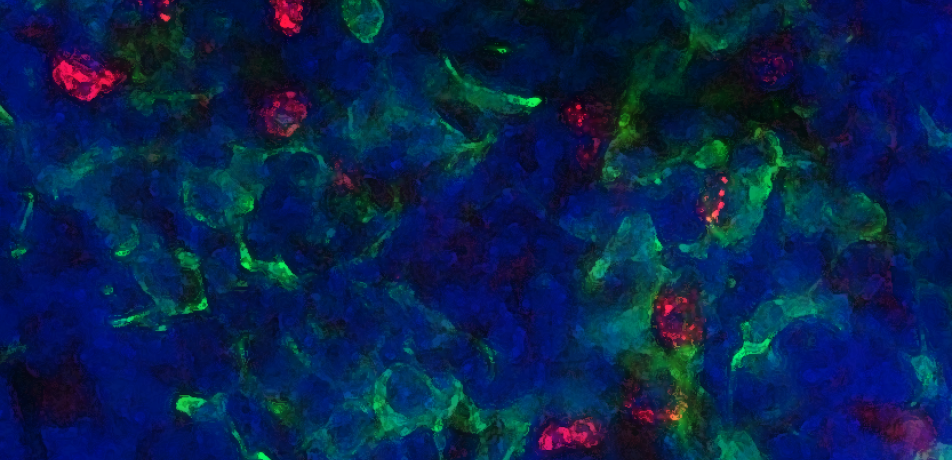When a rarity is common
Briefs

A hereditary autoimmune disease that was thought to be exceedingly rare may have a less severe form that affects one in 1,000 people or even more, according to new research conducted at the Weizmann Institute and the University of Bergen in Norway. The results of this research, which appeared in Immunity, suggest that a number of different autoimmune diseases and syndromes may be tied to mutations in a single gene. The discovery, it is hoped, will help to provide new means of diagnosing and treating autoimmune disorders.
The finding was published by the Weizmann Institute’s Dr. Kobi Abramson of the Department of Immunology and Dr. Eystein S. Husebye of the University of Bergen, an endocrinologist and researcher who first noted the discrepancy.
The AIRE protein is produced in the thymus and controls the mechanism that prevents the immune system from attacking the body itself. When AIRE is defective, it results in a disease that causes a devastating constellation of medical problems ranging from an attack on and destruction of multiple tissues and organs in the body, to chronic infections. Like all autoimmune diseases, it arises when the body’s immune cells mistake “self” for “foreign,” and thus assault the body’s own tissue.
People carrying mutations in both copies of the AIRE gene (which codes for the AIRE protein) suffer from the severe form of the autoimmune syndrome. But what about those who carry a mutation in only one copy of the AIRE gene? The common medical wisdom says that the disease is recessive: that is, symptoms will only arise if both copies of the AIRE gene are mutated. The two labs challenged this widely accepted notion, and demonstrated that even a mutation in a single copy of the AIRE gene may be enough to disrupt its function and cause devastating autoimmunity. This is because AIRE proteins bind to one another, forming an active complex and, as in other, similar cases, a specific mutation in one copy is enough to disrupt the function of the entire complex in a so-called dominant manner.
The AIRE gene is almost exclusively expressed in the thymus. This small organ is where T cells—the “special forces” of the immune system—undergo a sort of “basic training” before being released into the bloodstream for their defense mission.
http://www.weizmann.ac.il/immunology/Abramson

Dr. Kobi Abramson